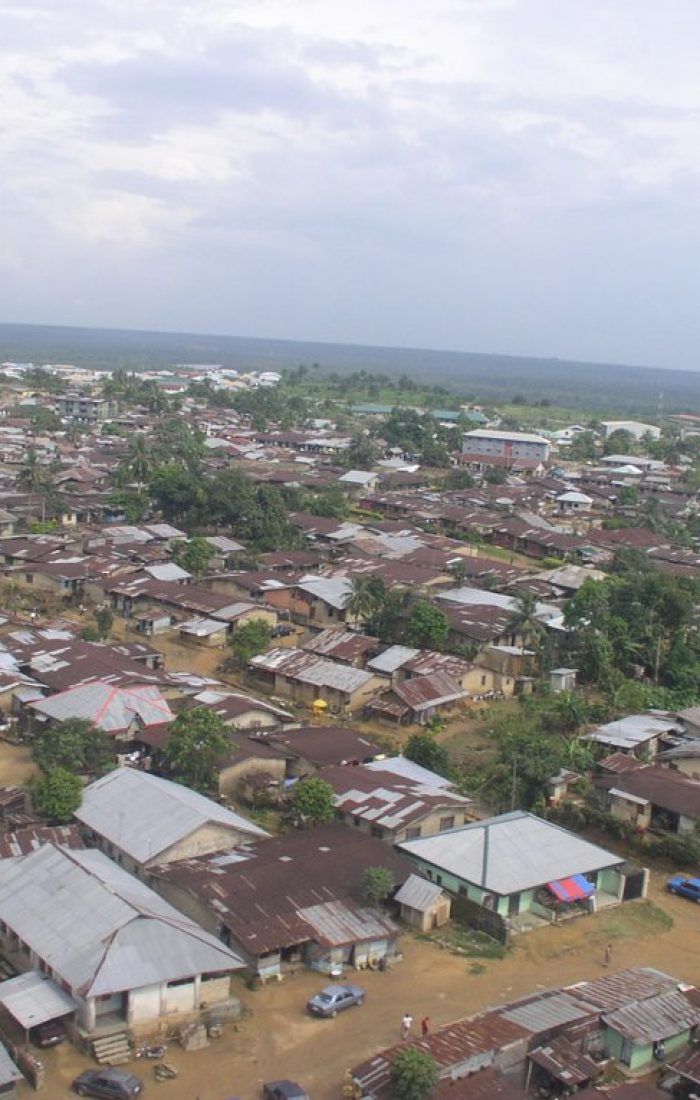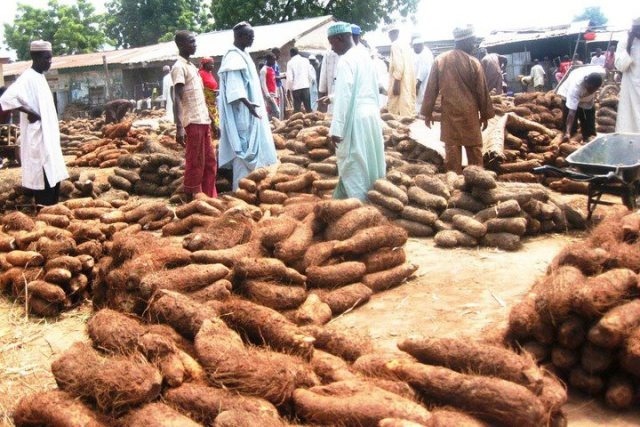
Nsukka community is the headquarter of Enugu-North senatorial zone. it includes all other communities that make up the old division now known as Nsukka zone. These are Enugu-Ezike, Aku, Ozalla, OpiLeja, Obukpa, Okpuje, Ibagwa-ani, Alor-Uno, Ibagwa-aka, Ede-Oballa, Edem, Ukehe, Obollo-afor, Obollo-Eke, Ikem, Ekwegbe, Ohodo, Uvuru, Nkpologu, Abbi, Adani, Ukpabi, Nimbo Ugbelle ajima, Nrobu. Ovoko, Orba, Imilike, Ihe-aka, Obimo, Obollo-etiti, Ogbodo-Aba, Mbu, Neke, Umuruokpa, lga, etc. However, most people from these communities refer to Nsukka as their home.
The total area of Nsukka zone is about 3961 square kilometers and is inhabited by a people whose population according to the 1963 census was 689, 353. The 1976 population estimate was 984, 707. The population of Nsukka as shown by 1991 national census is quite higher than the 1976 estimate. The most densely populated part of Nsukka areas is Enugu-Ezike, which has been described as the most densely populated rural village group in West Africa, with a population of 61,000 in 1953 had an average density of more than 800 persons per square mile. Other densely populated areas are Aku and Ukehe in Igbo-Etiti Local Government Area and Opi in Nsukka Local government Area. The most squarely populated are Uzo-Uwani and Isi-Uzo Local government Area.
Geographically, Nsukka is in Northern Igboland, it is at present in the Enugu State of Nigeria. Nsukka is well-located geographically. In fact, it appears to be one of the well located communities in Nigeria. Nsukka lies between latitude 6°, 18′ and 70.00, North and longitude 6°, 52 and 70, 541 east. The place is the culture contact zone between the North and the south. This geographical proximity with Idioma and the Igalla groups in the North enhances intercourse in various fields of life which subsequently affected the history of Nsukka on one hand and the Idioma and Igalla on the other hand. Nsukka shares boundaries with Idioma of the present Benue state in the North-east and Igalla of the present Kogi state in the North and north-west. It is bounded on the east by Ishielu in Abakiliki zone now Ebonyi State and Nike in Enugu zone. It shares boundaries with Udi in the South and Ifite Awgwali area of Anambra State.
The people of Nsukka were predominately farmers before the establishment of British rule. Most farmers engaged in peasant farming, however, the supplies were times taken to market for sale in order to buy other commodities. They grew food crops like yams (Ji-Abala, Oku, Abi Una) Maize (azu-uzu) Beans (akidiala, na akidi-elu) Cassava (akpu) cocoyam (Okpakara na Ugwuta na Nlepashi). Cash crops like kola nuts, palm trees, oil bean trees, breadfruits, coconuts were grown.
The people of Nsukka area, also rear animals like goats, sheep, fowls, dogs, cats, cows and horses, which were very important because of funeral ceremonies and sacrifice to the gods. They also engage in hunting: they kill animals like Lion (agu) bush pig (eshiagu) Python (eke). The young ones also hunt other small animals like rabbits, bush squirrels, rats, etc.
The people of Nsukka are engaged in arts and crafts. They carved masks for masquerades. Other items include beds, stools, plates for preserving soup ingredients. The people also produce mats and baskets. The women are engaged in salt production at places like Nrobi in Uzo-Uwani local government area, Eha-Ndiagu, and Eha-Amufu. They also engaged in weaving the cloth used by adults and rich people for making chairs. The people also engaged in working with iron, they produced such articles as hoes, cutlass, spears, and denguns. According to Ishiwu, the people also made pots. The archaeological excavation by D. D, Hatle of the University of Nigeria, Nsukka (UNN) farm had pottery sherds which had been carbon-dated to 2555BC. And looked very much like the unfired clay vessels still found in Nsukka and other parts of Igboland.

Copyright (C) 2019. All Rights Reserved. Web Development by Fresible Developers